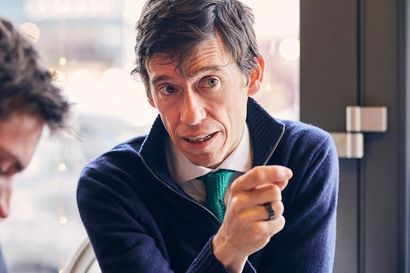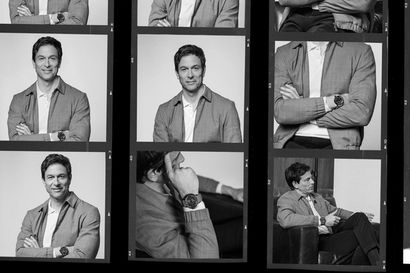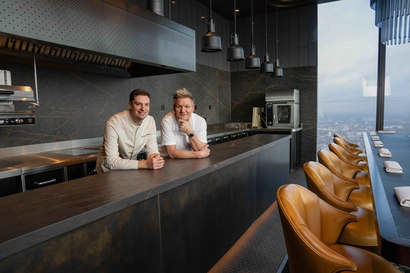The Crown is hurtling towards us. While the previous three seasons of the sprawling Netflix show all took place in some half-remembered Pathé newsreel, the fourth leads us into territory we know all too well. Princess Diana has just emerged on the scene — doe-eyed and plucky — and it’s impossible to watch her early moments here without a sense of grisly foreboding: the first innocent stumbles of a particularly slippery slope.
Forget “straightforward shooting weekends” or Canadian enchantresses — this was a time when the Royal Family was really, truly unpopular. (I remember my mum coming into my bedroom on the morning Diana died and saying “they’ve killed the poor girl.”)
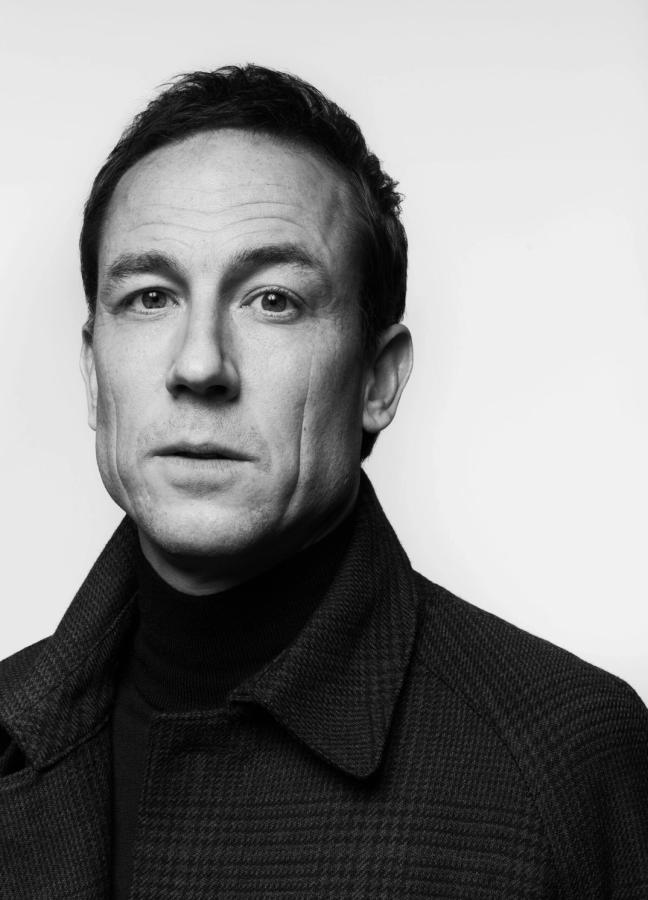
So it’s fascinating to watch it all again, as if in some sort of parallel universe, through the re-imaginings of the show’s creator, Peter Morgan. Though it may not have been anyone’s explicit intention, there’s a good dose of sympathy, humanity and warmth this time around. Salt of the earth, these Royals. (Well, Maldon of the earth, at least.) And a large part of that is down to Tobias Menzies’ take on Philip, I think. You like him, you believe him and, very often, you admire him. Sometimes you even feel like you know him, if only distantly. Like a stately uncle at a funeral.
There is one quiet moment, early on in the season, when Philip is slightly drunk and swaying emotionally by the fireplace in front of his son, Charles. Anyone who has stood with a tipsy older relative (perhaps a posh one) as they do their best to bury their bubbling emotions will see it all played out here. Whenever The Crown blindsides you with these understated moments of poignancy — little flashes of familiarity — Tobias is always, always there. He’s a master, in short. Intelligent, thoughtful — and very nice, too.
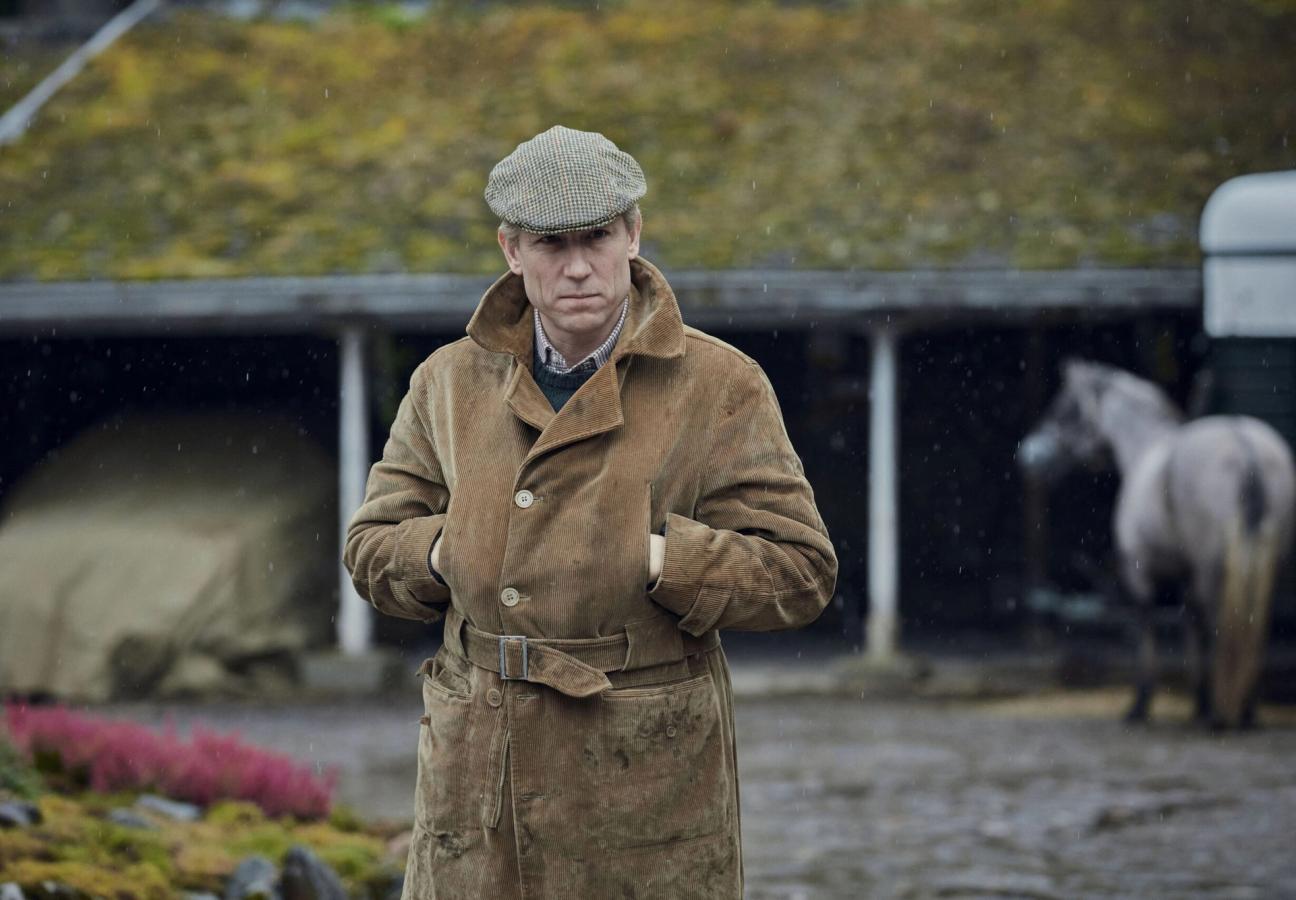
How have you been these last few months?
I’ve really missed work. If I didn’t realise I was a workaholic beforehand, the evidence is definitive now. I’ve gone a bit bonkers.
I’ve seen the first few episodes of the new season of The Crown. Your man Philip is acting as a kind of tacit matchmaker in the early part of this series, as Princess Diana comes on the scene…
Yes. And I think we had that on relatively good authority, that he was a supporter of Diana, and was really charmed and taken by her. I feel like Philip always had, and does have, a soft spot for dynamic, beautiful women. And Diana was obviously that. And maybe it sort of blinded him to some of his son’s needs. That’s part of the greek tragedy that the Diana story takes on. It’s fascinating shooting with Emma [Corrin]. She’s so young, and it makes you realise how young Diana was when she entered that family. And it’s fascinating looking at that through the lens of how we know it ends. It’s hard not to find it heartbreaking, really.
How far did you go down the rabbit hole of research with this one?
It was slightly different this season, as we’re kind of coming back to it. A lot of that basic ground work was done. But certainly, when I was starting out, it was a challenge of curation, almost. There’s so much material, so much footage, so much audio of that family, that at some point you have to pick and choose, and concentrate on this or that aspect. But that’s also a huge plus, because there’s so much to look at, and so much support to be gained from that.
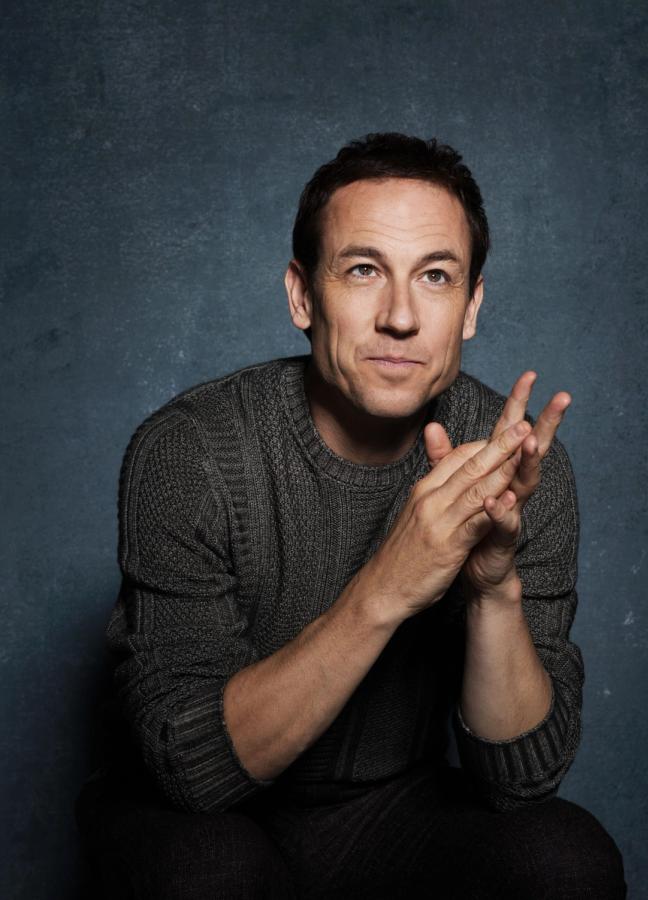
Some public figures seem to become almost exaggerated over time; their personas become parodies of themselves. Have you developed Philip in that way, at all, between the seasons?
I totally agree. Philip is a really good example of that. He becomes almost a parody of himself. I didn’t try to change the voice. He ages in terms of hair and make up. But that had to be subtle. At one point, we toyed with doing a small amount of prosthetics — some latexing around the eye to give a bit more wrinkling, for example. But it landed so heavily on camera that we couldn’t really get away with it. We had to kind of trust the wig, and the greying of that, and a bit of physicality — getting a bit slower, a bit older in his movements. Again, that’s all quite hard to grade over time, without it pinging or being a bit obvious.
But that was definitely one of the challenges of this season. We ended up being pretty far away from our own ages. I was playing a good 20 years older than myself. I’m interested to see the results…
How do you stop a characterisation becoming too cartoony, almost?
You have a sense that, as soon as you get too close to mimickry or parody, you have to really steer clear of that. That becomes very hard to watch for multiple hours. If it gets close to Rory Bremner — despite the brilliance and accuracy of that — in a way you have to be slightly short of that, in order for the audience to believe these are real people, and forget about all that stuff, and go into the story and them as people. If the impersonation is too marked, I think that’s harder. That was always the maths — the balancing act.
Have you played real people before?
This is by far the most clear challenge I’ve had in that direction. I had a small part as Ian Fleming in Any Human Heart a few years back. But that’s very different — people don’t have a sense of what he sounded like. But with Philip, it’s in our DNA here — whether you follow the royal family or not.
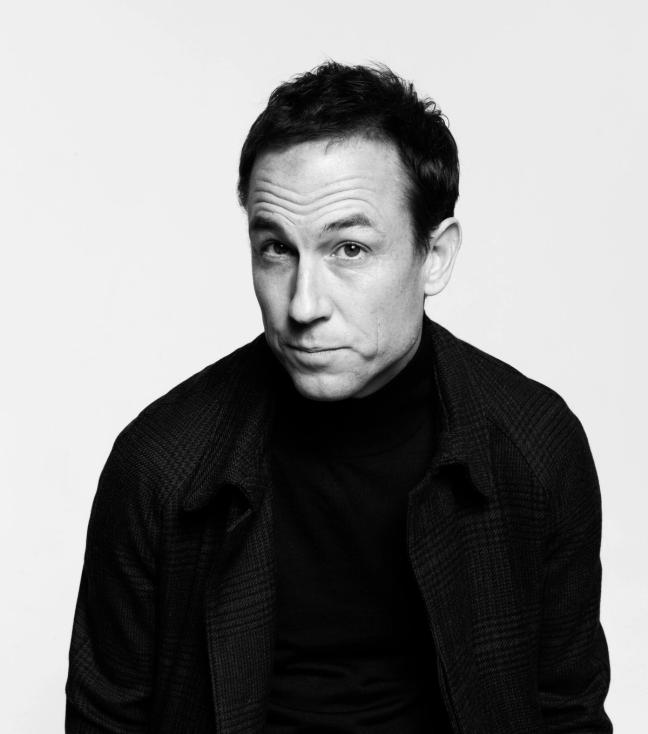
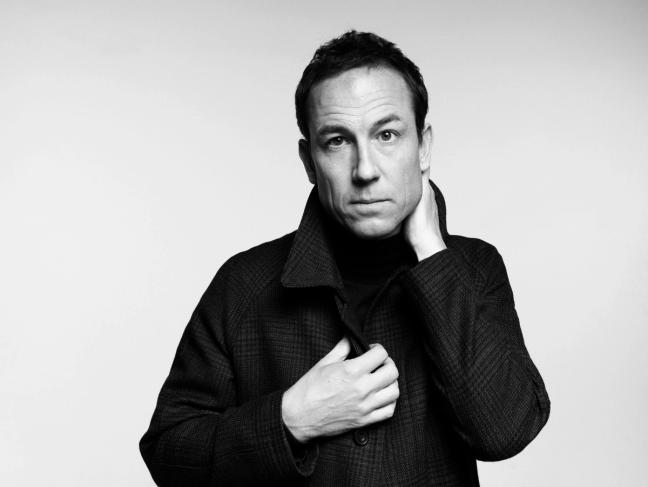
Do you ever wonder what he might think of the show and of your performance?
I have an instinct that I would be very surprised if he watched it. Or fiction in general, in fact — I think he’d be watching facts, documentaries. I just can’t imagine him signing up for watching a show about himself. I think he’d find that vain and narcissistic. I’d be amazed. But if he does, I hope he’s not offended by it.
The show will help to form, in many ways, the public opinion of this family. Do you ever think about that responsibility?
The real responsibility with that stuff lies with Peter [Morgan, the show’s creator]. But essentially the show avoids taking any strong opinions on any of them. It tries to be fairly balanced. You could definitely do a less favourable portrayal of Philip. There are certainly people who think of him as less likeable than we show him to be. But most people come away liking the family, I think. I hope they’d think we’ve done a pretty good PR job for them!
Did it change your own view on the Royals?
I get asked this a lot and I’m never quite sure what I think about it. Politically I’m definitely a republican. I’m not sure I entirely love the idea of living in a country with hereditary monarchs as our figureheads. Before I started the job, I really hadn’t thought about them very much. Having looked into their lives, and thought about them a great deal now, I think I do have regard for them. I think they work hard. They take their roles seriously. There is a high sense of duty and public service in them. And that’s very true of Philip. He’s carved out a very active public service role for himself. He didn’t have to do that. There’s a much more leisurely version of that role that exists. For all the privilege — and there is significant privilege in their lives — within the parameters of the institution, they take it seriously and they work hard.
Is it the case now that actors have to have a stance, often a political one, on the thing they’re portraying?
I think actors are asked their opinion way too much, generally! I think it is a curiosity of the way the media responds to actors. We are the face of a lot of this material. But fundamentally we are not in control of that material. That stuff has been decided further up the line. Sometimes it is uncomfortable. Do I want to be asked to undersign all of this? I am, at some level, being given scripts and learning the lines, and just doing my part in making it the best I can.
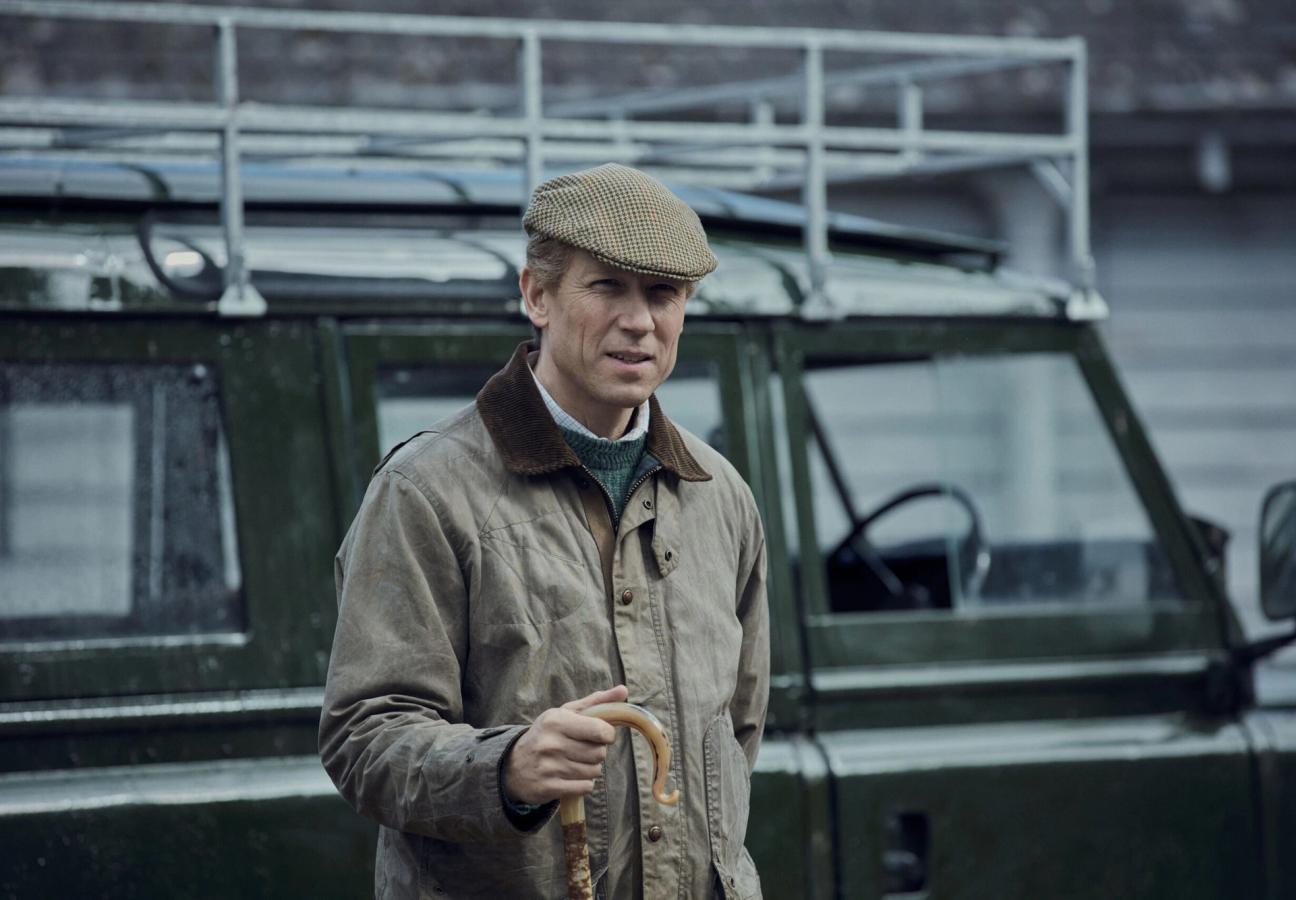
You used to be a keen tennis player growing up. Is acting like sport at all?
There are definitely pressure points when filming. Time being what it is, there are times when it’s getting to the end of the day, and you’ve got to do your bit at the end of the day, and you have only a few takes, and they get what they get. You have to kind of deliver. In that regard I suppose it’s similar to a break point in tennis. You either deliver or you don’t deliver. But that’s what can sometimes bring out the best, and that’s true of sports, too. Actually some times you need a sort of pressure to get somewhere interesting. It can be part of the chemistry. But you just hope you get more moments right than you get wrong.
And what about the fame side of things? Have you been stopped on the street more often as The Crown has gone on?
This is an audience that doesn’t come up to you in the street that much. I’m not massively comfortable with being ‘spotted’ — I don’t love it. So I try to keep a pretty low profile. One of the odd things about acting is that you kind of build up information through people watching — watching the world go by. You absorb how people behave, and life through that. And when people in the world start watching you, that changes that. But it hasn’t been too bad. I’m not having to hide behind my gate quite yet. And I value that hugely. But to a certain degree you have to build a slight antennae, and know when you’ve been spotted.
One of my favourite episodes in any of the series is the moon landing episode, where Philip is undergoing a sort of midlife crisis. As you’ve moved into your forties, have you ever thought about things in that sort of way? Have your views on your own aspirations, hope, plans changed, at all?
Absolutely. That material in that episode resonated with me too. It doesn’t matter who you are — you can be in a castle or in a hovel, but the big questions still come up. You get to your mid forties and you realise there isn’t that much more time. You don’t feel as if you’re going to live forever. So time takes on a different quality, and you think about what you’re going to do and what you’re not going to do.
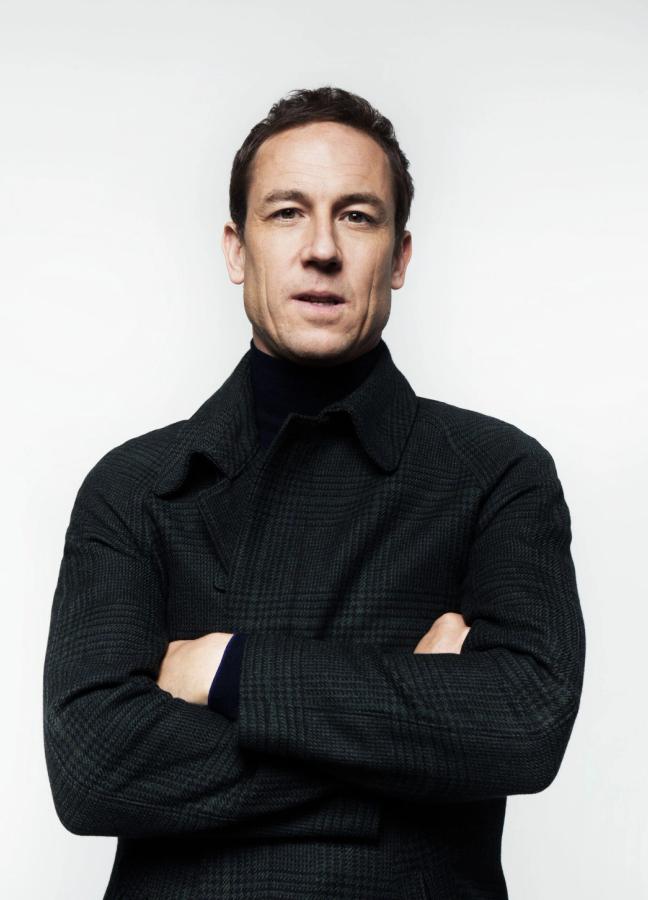
What were you like growing up? Were you a particular thespian?
Not a particular thespian, but it was certainly an alternative upbringing. We were down in a pretty rural part of Kent, and my mum was keen for me not to spend my time staring at a box. I went to a pretty alternative school down there, and there was a lot of tree climbing and bike riding, and I was missing out on a lot of television and royal appearances.
What was it that drew you to acting?
In my teenage years, my mum did take me to a lot of theatre. Theatre has always been a passion for my mum. She was taking me along to see a lot of brilliant stuff. But I wasn’t massively involved in the drama scene at school. And then, after I left school, something made me go and do this course up in Stratford-upon-Avon, which was quite a broad-based arts year. That’s where I started to dig into it. It was instinctive. Without quite knowing what I was doing, I followed some sort of instinct.
For me, theatre has always played a more essential role in my life. I sort of wanted to find out about the world and how to live. It has never just been entertainment to me. It is more essential than that. I want to go there and feel enlightened or taught, or have things revealed to me. Theatre at its best can still do that. That strange alchemy that happens when people are all in the same row. It can be pretty thrilling.
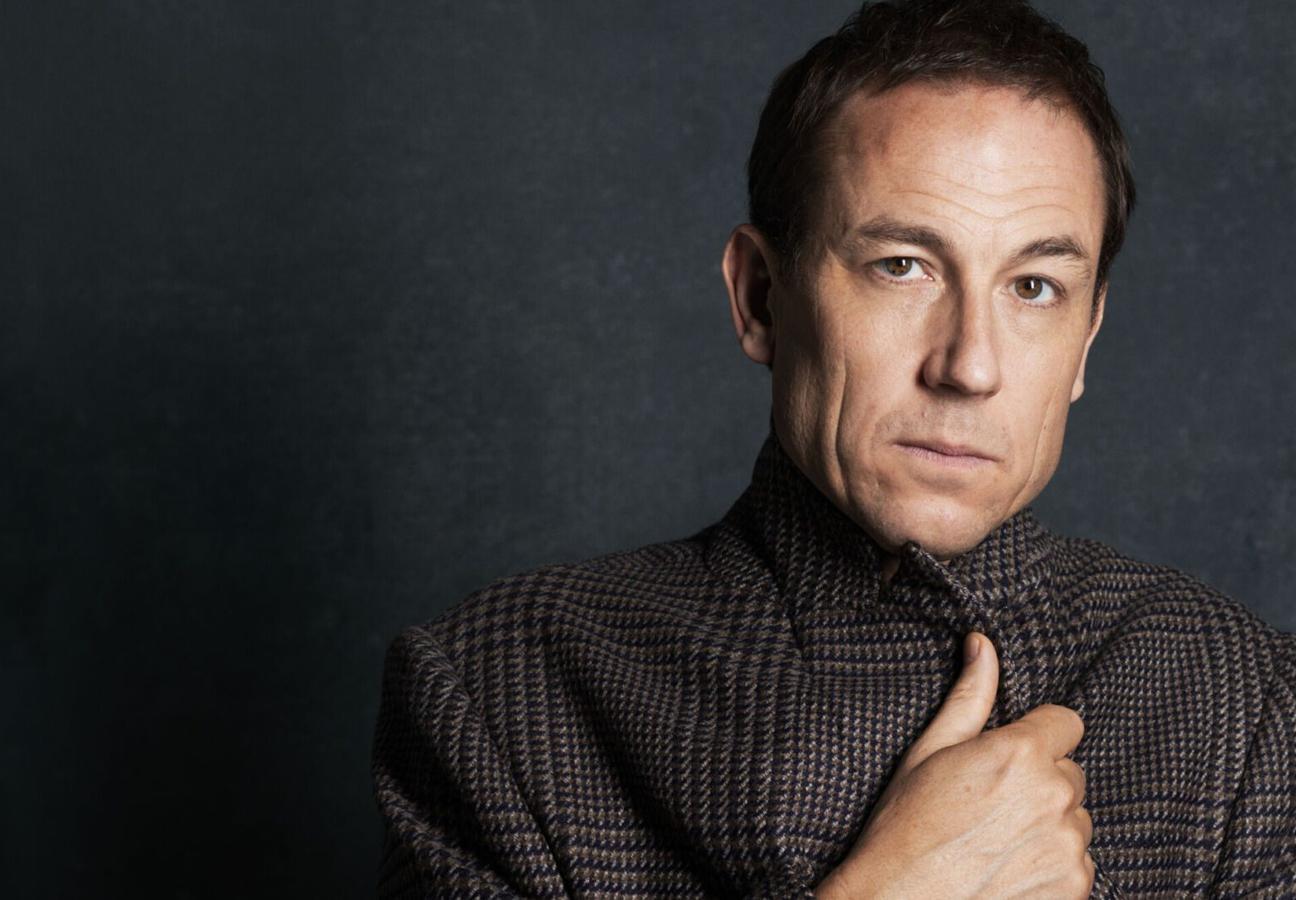
Is theatre in trouble in the current climate?
Live performance is in a real bind. There’s obviously a huge issue with those spaces. For a lot of them, the air is not massively filtrated. So there’s a large social responsibility laid on the arts to not let people get sick. Until there’s a vaccine, it’s a big technical and moral challenge. I wouldn’t want to be an artistic director of a theatre right now. It’s incredibly challenging.
Would you like to be a politician? You have a certain gravitas that could take us through, I feel…
I find it hard to navigate a route through all the noise. But with this government, the feeling is that they are not on top of it. And there are perhaps examples of more effective leadership. But I don’t think we should underestimate the huge challenge. I can only say that I don’t envy their position.
Want more from British actors? Succession’s Matthew Macfadyen wants a word…
Become a Gentleman’s Journal member. Find out more here.
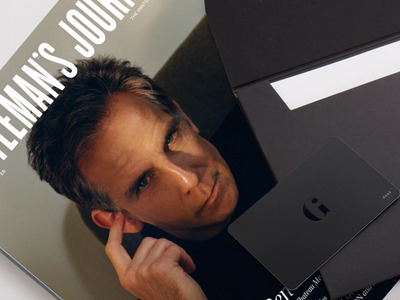
Become a Gentleman’s Journal Member?
Like the Gentleman’s Journal? Why not join the Clubhouse, a special kind of private club where members receive offers and experiences from hand-picked, premium brands. You will also receive invites to exclusive events, the quarterly print magazine delivered directly to your door and your own membership card.
